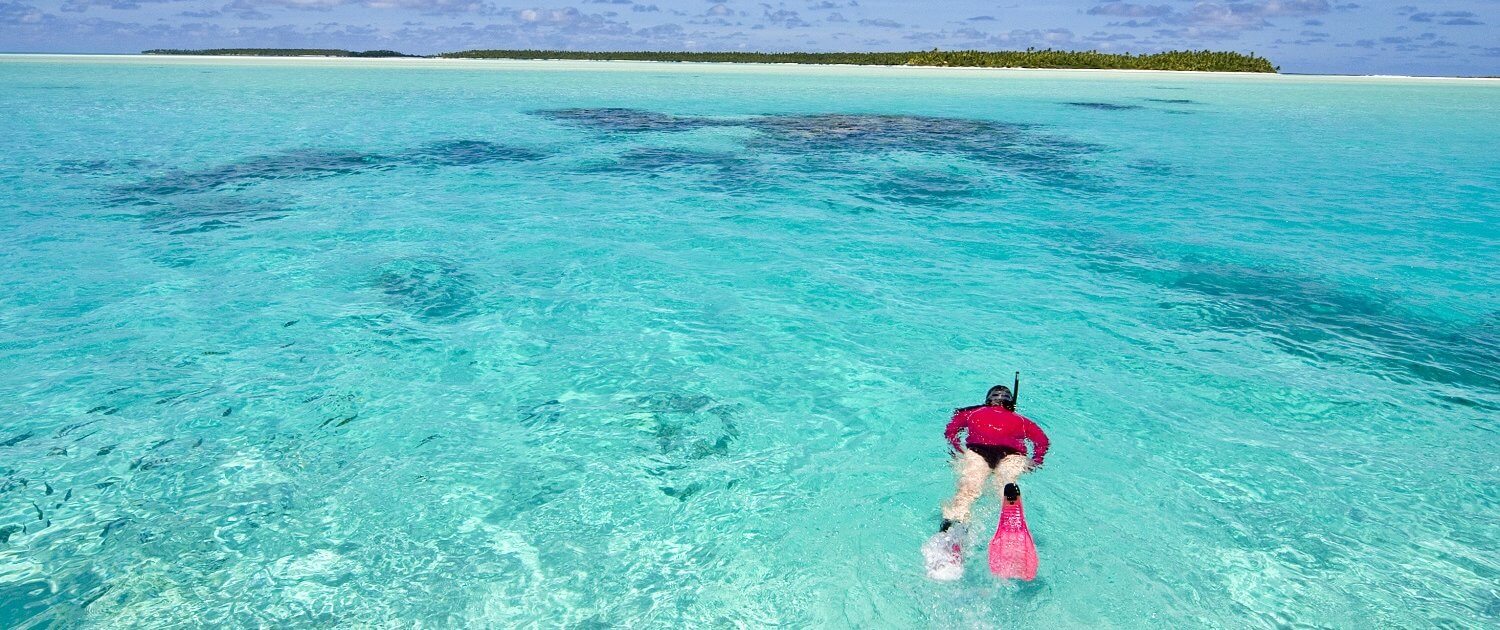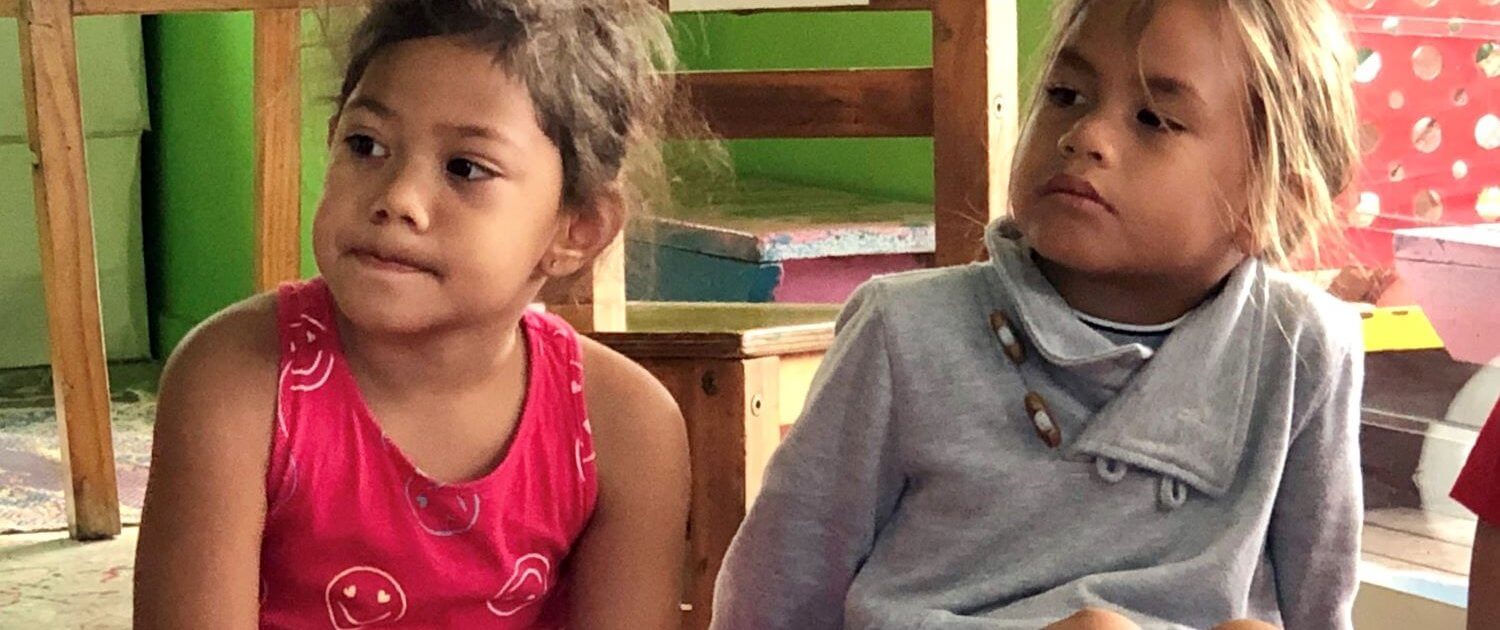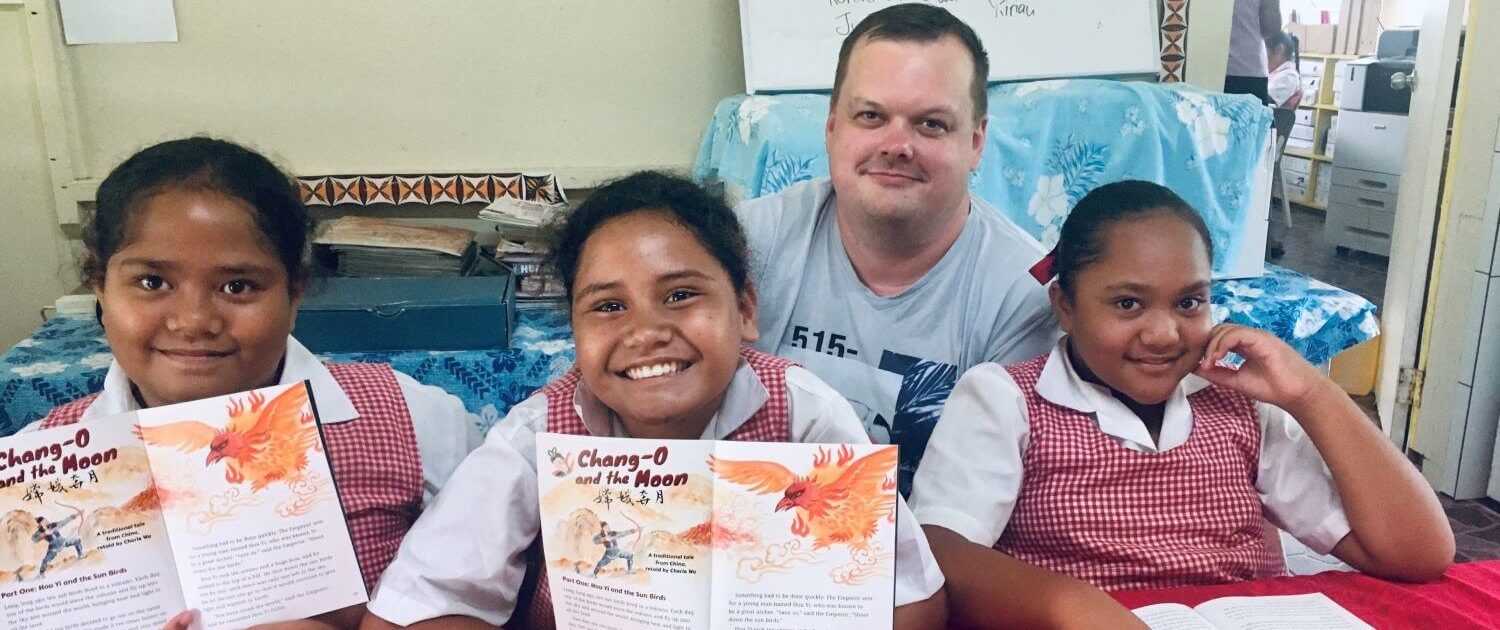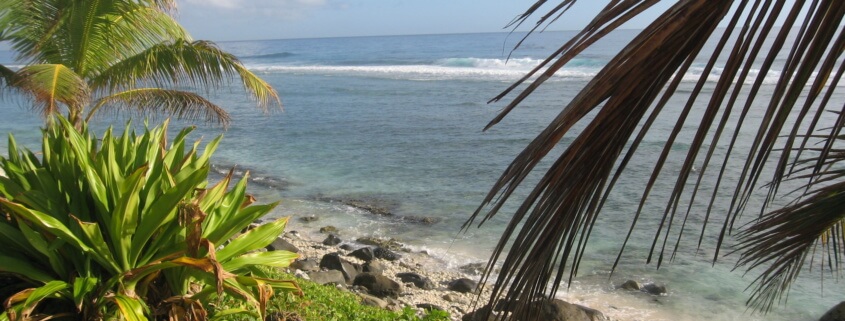Cook Islanders Cautiously Adjust to a “Tourist-less” Economy
The Cook Islands are known for their awe-inspiring natural beauty, exciting land and sea attractions and warm Polynesian culture. But how does the tourism-reliant country cope without tourists? And what has suddenly reduced the country’s foreign aid? Families straddling the poverty line now are re-imagining a post-COVID economy on the remote archipelago. Read on for details on the islands’ current conditions and outlook.
Our first installment on the status of the Cook Islands economy explained the country heavily relies on a single industry – tourism – for its income. While its geography and natural beauty positions the nation to dominate tourists’ desires, its small surface area (91 square miles including 33,826 acres of arable land) leaves little for large agriculture or manufacturing. Unable to diversify into other industries such as construction, finance, education, or health services, most of the Cook Islands’ production therefore is limited to fruit-processing, clothing, and handicraft industries related to tourism.

This makes the Cook Islands a superb place to visit, but an expensive place to live. The cost of importing goods is much greater than the trade income from making and selling goods to other countries. The high prices of imported essentials keeps the cost of living in the Cook Islands high.
So, despite the laid-back lifestyle and hospitable culture that Cook Islanders profit from and love, the truth is, daily life is much tougher than how it may first seem. An irony complicates this equation further. The Cook Islands is rated a “High-Income Country” by the Organization for Economic Cooperation and Development (OECD). This is calculated by dividing the country’s total annual income by the total population to arrive at a per-person income more than $12,000. That ranks the Cook Islands 43rd in the world, according to the United Nations. But the islands’ high cost of living offsets that income, and when taken into account, places the country around 100th place, below the Dominican Republic, Costa Rica, and Botswana.

In fact, according to the latest data available from the Cook Islands’ Ministry of Finance and Economic Management, 30% of people in Rarotonga live under the national poverty line and can’t afford enough food and meet basic needs for a decent life. A forestalled tourism industry due to COVID-19 has deeply worsened this condition. The Cook Islands is further victimized by the poor timing of the recent “promotion” to the classification of High-Income Country last year. That leaves the Cook Islands likely ineligible for Overseas Development Assistance. Now that Cook Islanders need more foreign assistance, they will most likely receive less. This induced the Cook Islands parliament to appropriate a multi-stage $61 million stimulus package in an emergency session. The Ministry of Finance and Economic Management says the tourism-led economy could fall 4.4 per cent in the 2019/20 financial year with another 5.9 per cent decline in 2020/21. The office said “from July through to September this year, it is predicted 4,196 tourists will travel to Cook Islands, from New Zealand, with a further 14,228 from October to December. In 2021, it is forecast that 124,000 tourists from Australia and New Zealand will travel to Rarotonga.” The government isn’t planning any major tourism from outside those two countries until 2022.

Most certainly, when travel to the Cook Islands is once again safe for Americans, our teams will be welcomed warmly to resume tutoring in classrooms, working in libraries, and helping deliver social services to children and adults. For over two decades, successive volunteer teams have assisted local people in their efforts to improve the lives of children through education and the provision of educational materials. Specifically, volunteers provide care for children one to five years old and teach them basic hygiene practices; tutor elementary students in math and literacy and secondary students in computer skills; and improve local infrastructure through repair and maintenance projects. Meanwhile, we are raising funds to ensure that our partnership with our community partner in Rarotonga can sustain this pause during the pandemic. through this time of significant challenges, donate to Global Volunteers in their name. By making a gift now, you can help ensure that we can continue our program in the Cook Islands, and when it’s safe to travel, you can work alongside them on priority projects to help the Islanders rebound.
You may also like:




Leave a Reply
Want to join the discussion?Feel free to contribute!